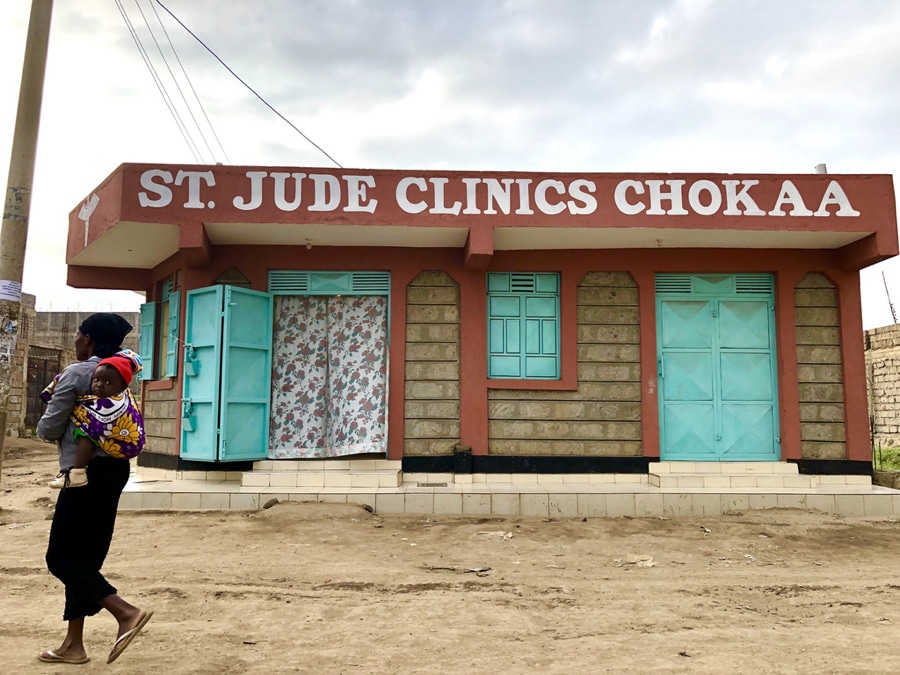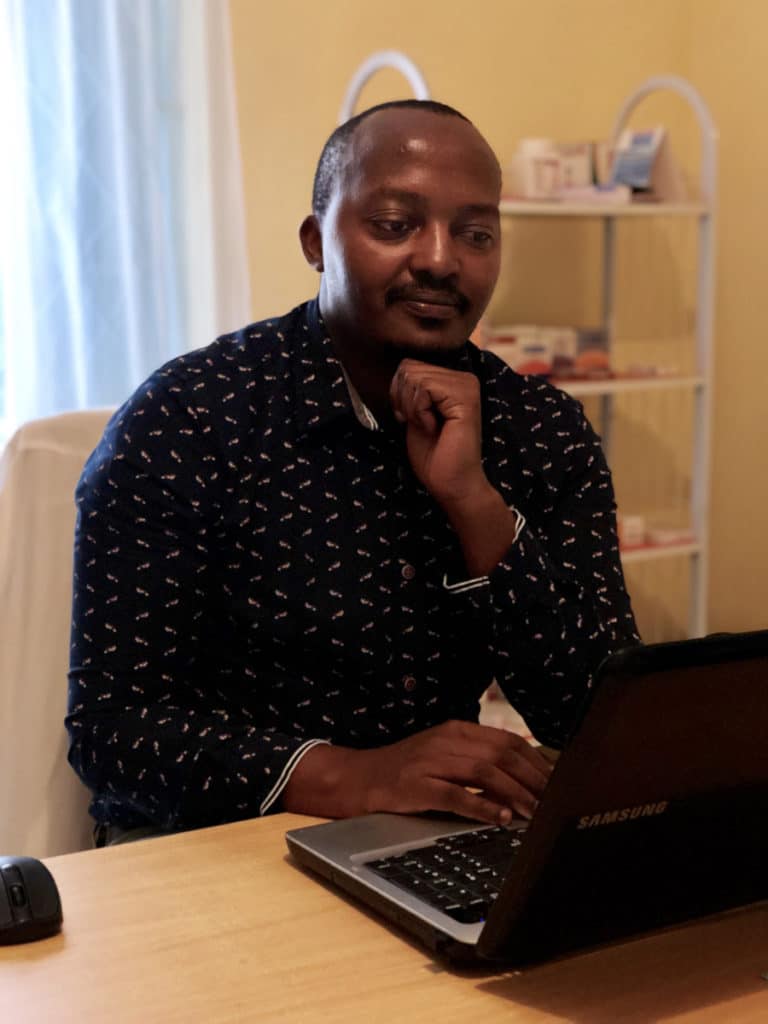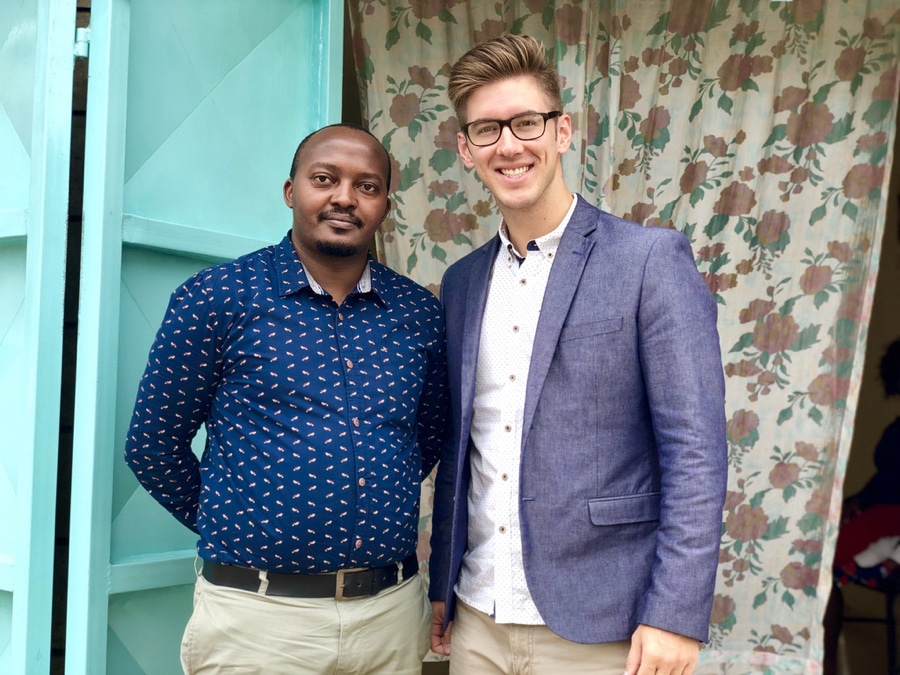When people trust the untrained neighborhood "doctor"
By Natalie Walters


If you’re living in the U.S. in 2019 and notice yourself feeling sick, the first thing you probably do is search Google for your symptoms to try to pre-diagnose yourself before you resort to plan B: seeing an actual doctor. In Kenya in 2019, the first thing sick people do is consult a chemist (like a small pharmacy). Chemists sell you almost any type of medicine without a prescription from a doctor or a clinician.
Chemists are mainly looking to sell drugs because that’s the main way they make money. In Kenya, chemists are like Starbucks in the U.S. in that there seems to be one on every block.
Everyone wants to be a chemist because of the money, but not everyone is trained and licensed to do it. There are currently about 5,800 registered pharmacies in Kenya staffed by a registered pharmacy technician, but many health clinic owners suspect there are nearly as many unregistered pharmacies. The Pharmacy and Poisons Board recently shut down 86 unlicensed chemists in western Kenya, according to the Daily Nation.
However, because there’s a chemist on every block, they become part of a neighborhood and are often trusted above anyone else — even if they have no training and a bad track record. As you can imagine, trained medical professionals in Kenya are often frustrated with this trend.
“There’s a gap in the healthcare system in Kenya,” said St. Jude Clinics owner Boniface. “People tend to go to chemists. And this can become a health hazard because then sick people often don’t get better.”
This gap is what made Boniface want to enter the medical industry in Kenya with his own practice as a clinical officer, similar to a physician’s assistant in the U.S.
So how does a real clinical officer in Kenya convince people to come to him instead of an unlicensed chemist who’s just doing guesswork? Good service, according to Boniface.
It’s not enough to just tell a patient how they can get better, he said. In order to set himself apart from the common chemist, he takes time to explain to each patient what’s wrong with them and why he thinks the treatment he chose is the right one. This helps him build trust and loyalty with his patients, who often bring him additional patients via word-of-mouth marketing.
But explaining his diagnosis and treatment is harder than you would think. That’s because his patients have often already been to a chemist and although the chemist’s treatment didn’t work, they still have a hard time trusting someone other than their neighborhood pharmacy.
“People have a tendency to believe the first person they hear so trying to change that mentality is difficult,” he said.
This also applies to asking friends and family for advice on symptoms and what they recommend. Boniface said by the time he sees a patient, they’ve probably already tried and failed at two or three medications. This is a waste of their money and also means their symptoms may have worsened by the time they make it to St. Jude.
As you can probably guess, another way Boniface has been setting his business apart is by using Banda’s software. When we asked him what he thinks of it so far, he immediately said, “Awesome!”
Prior to Banda, his customers were given patient cards with their appointment information and medical history, but these were often misplaced. Now, he can easily pull up information on a patient from six months ago. This helps him have context on a patient when they come for a return visit and helps him keep track of debts owed to him.
Boniface said another software company had actually approached him prior to Banda but he turned them down because it was too expensive for him. Banda wants its software to be affordable to clinics like St. Jude that see 10-15 patients a day in low-resource areas where people often can’t afford to pay for care. That’s why we’re relying on donations from generous supporters who understand the gap in healthcare in Kenya and want to help.
“I feel bad when I deny people medication so I’m not so strict with payments,” Boniface said. “I give them a plan to pay and follow up with them by using Banda’s tracking system.”


Giving Tuesday Approaching Fast
In our next newsletter (in two weeks time – do you already get them? if not, sign up here) we will be telling you all about our end of year campaign, which will kick off with Giving Tuesday on December 3rd. So look out for that update next time!
But as a sneak peak, consider that for every $1 you donate this year, 3 patients will receive good healthcare from providers like Boniface who go the extra mile in making sure their patients are well taken care of.
Banda Go is our baby, and it’s taking a global village to raise it. Thanks for doing this with us!

Natalie Walters
A journalist from New York, Natalie is helping write stories about the clinics using Banda Go.

